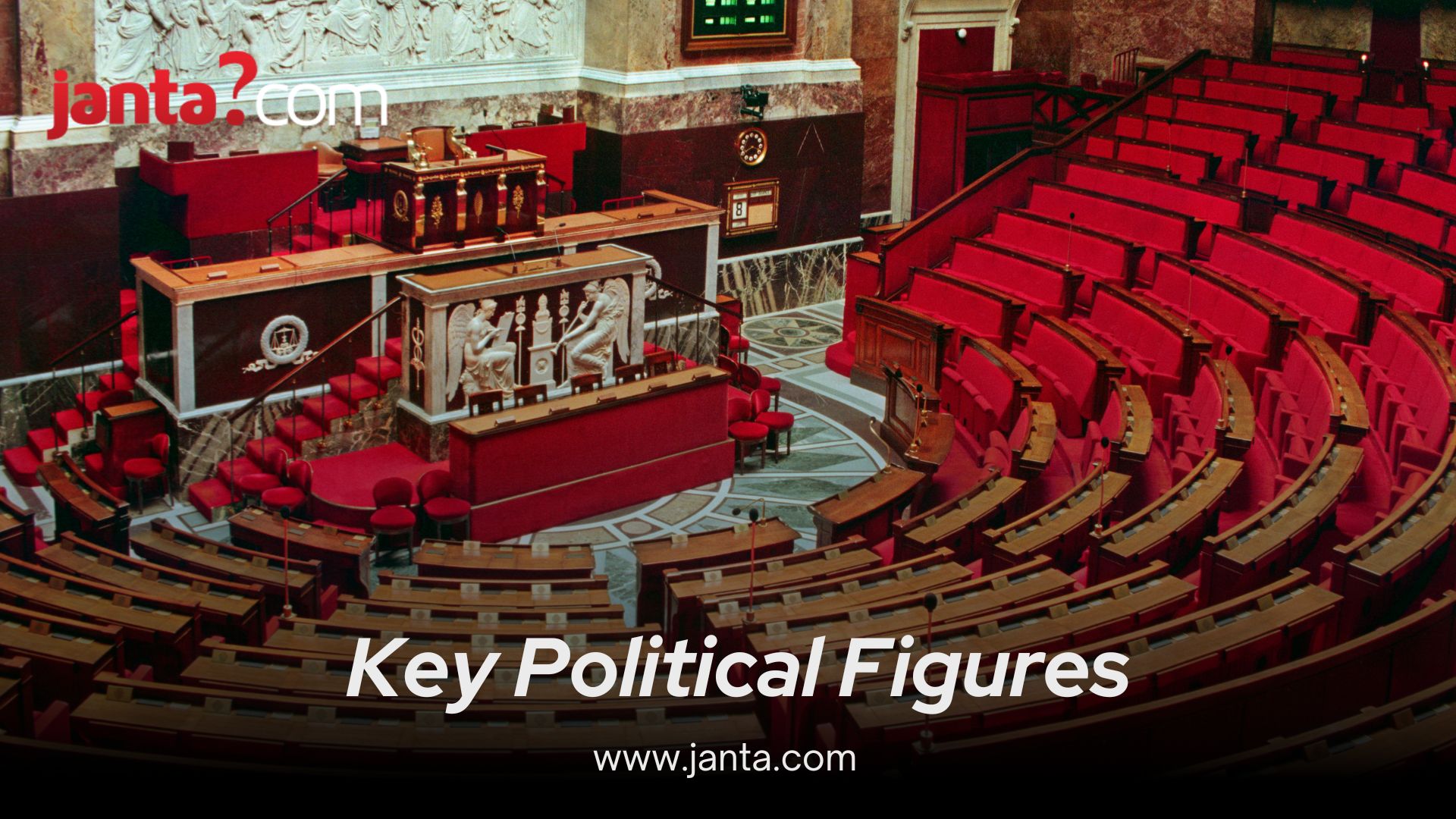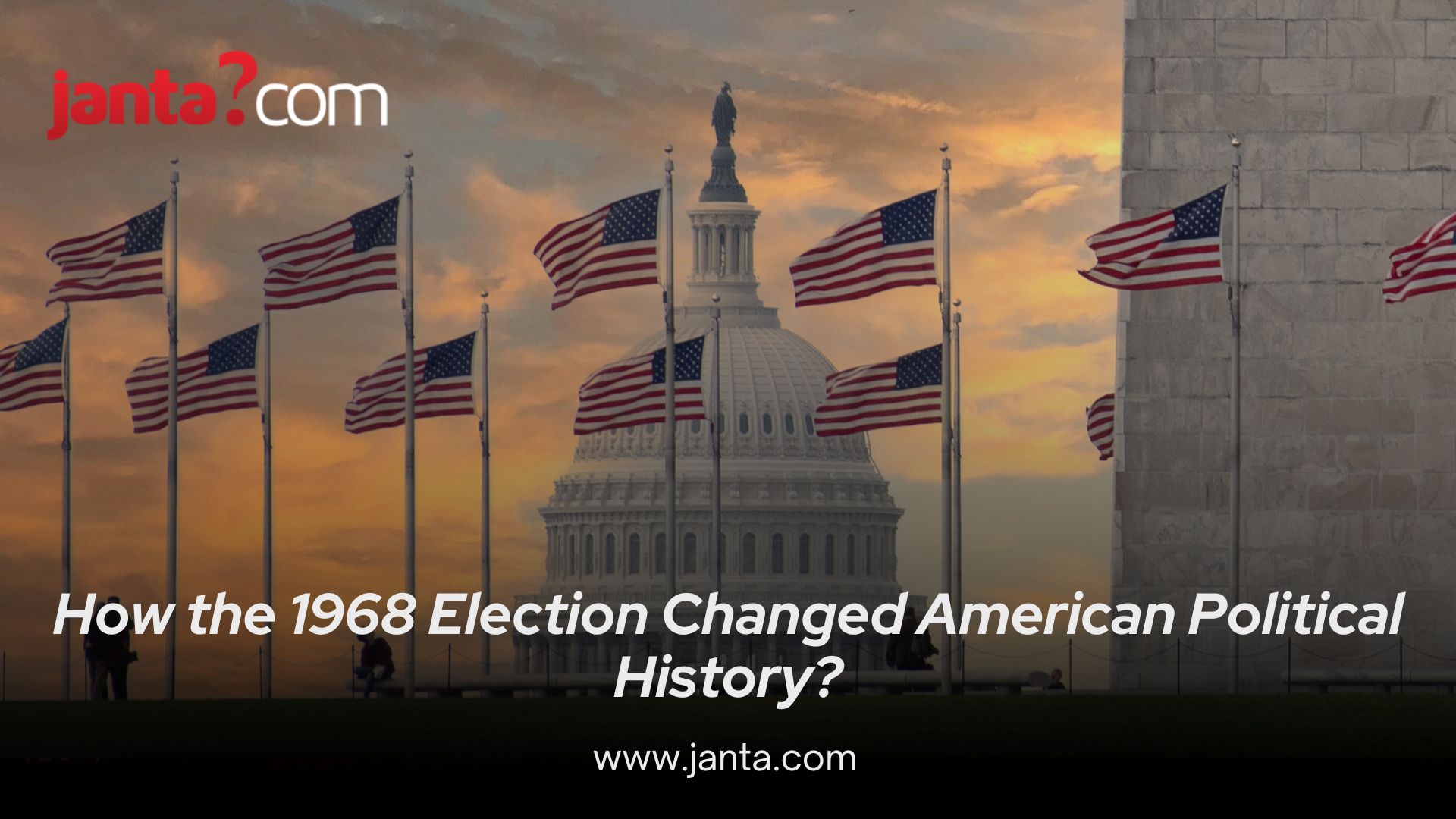The 1968 U.S. presidential election was a major turning point, ending the post-World War II political consensus and ushering in a new era of division. It reshaped party alignments, campaign strategies, and the broader political discourse.
Why was the 1968 election so significant? It highlighted major issues such as the Vietnam War, civil rights, and economic concerns, leading to profound changes in voter behavior and party dynamics.
To learn more about the impact of this transformative election, continue reading. Discover how the 1968 election altered the course of American politics and its enduring effects.
Pre-1968 Political Climate
In the early 1960s, the U.S. experienced political stability under Democratic control, with President John F. Kennedy emphasizing civil rights, economic growth, and international leadership. However, by the mid-1960s, this optimism waned due to the Vietnam War, widespread protests, and the Civil Rights Movement, leading to increased national unrest and disillusionment.

Key Political Figures
The 1968 election featured influential candidates:
Richard Nixon
The former vice president who ran on a platform of law and order.
Hubert Humphrey
The incumbent vice president struggling to reconcile with the unpopular Vietnam War policies.
George Wallace
The former Alabama governor running as a third-party candidate advocating segregation and states' rights.
Major Issues of the Campaign
Three main issues dominated the 1968 election:
Vietnam War
Opposition to the war fueled massive protests. Nixon promised to end the conflict with honor, while Humphrey defended the current policies.
Civil Rights
The assassination of Martin Luther King Jr. and subsequent riots highlighted racial tensions. Nixon's calls for law and order appealed to voters concerned about rising violence, while Wallace capitalized on resistance to civil rights progress.
Economic Concerns
Inflation and unemployment were significant issues. Nixon and Wallace advocated for traditional values and fiscal conservatism, whereas Humphrey supported Johnson’s Great Society programs aimed at addressing poverty and inequality.
Voter Trends
The election saw a shift in voter behavior, with Nixon's “silent majority” reflecting a move toward conservatism. Wallace’s strong showing in the South indicated a transition from Democratic dominance to Republican strength in the region.

Election Results
Nixon won the presidency with 301 electoral votes to Humphrey's 191. Wallace, as a third-party candidate, secured 46 electoral votes from five Southern states. Nixon’s narrow victory and Wallace’s performance underscored a deeply divided nation.
Long-Term Impact
The 1968 election led to significant political realignments:
Southern Shift
The South, traditionally Democratic, began leaning Republican, driven by opposition to civil rights and Nixon’s law-and-order stance.
Rise of Conservative Politics
Nixon's Southern Strategy and Wallace's appeal to working-class voters laid the groundwork for modern conservative politics, focusing on law and order, states' rights, and resistance to federal intervention.
Historical Perspective
The intensity and public engagement of the 1968 election set the stage for the political dynamics of the 1970s and 1980s. It highlighted the growing polarization in American politics, a trend that continues today. The themes of the election, including appeals to the silent majority and divisive rhetoric, remain relevant in contemporary politics.
Conclusion
The 1968 election was a transformative event in American history, reshaping the political landscape in ways still evident today. For a deeper understanding, explore books, documentaries, and articles on this significant election. For more insights into political history, follow Janta.
